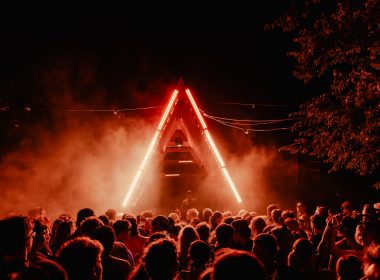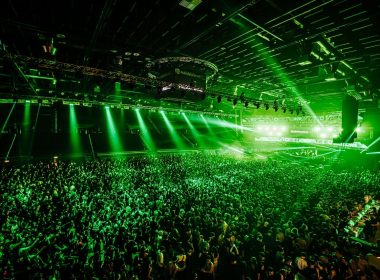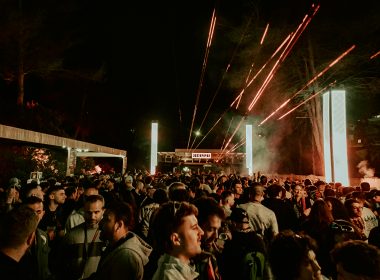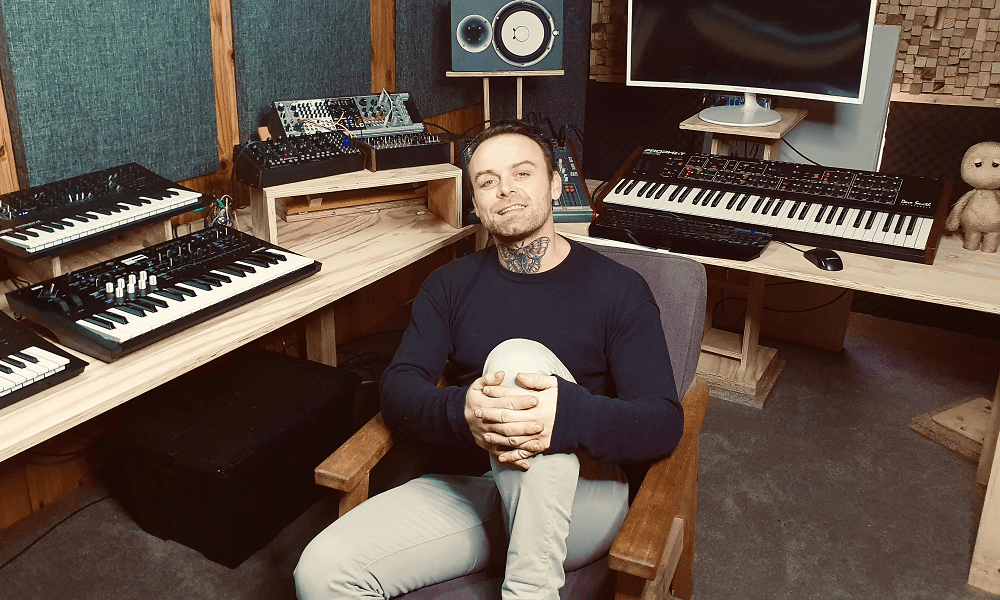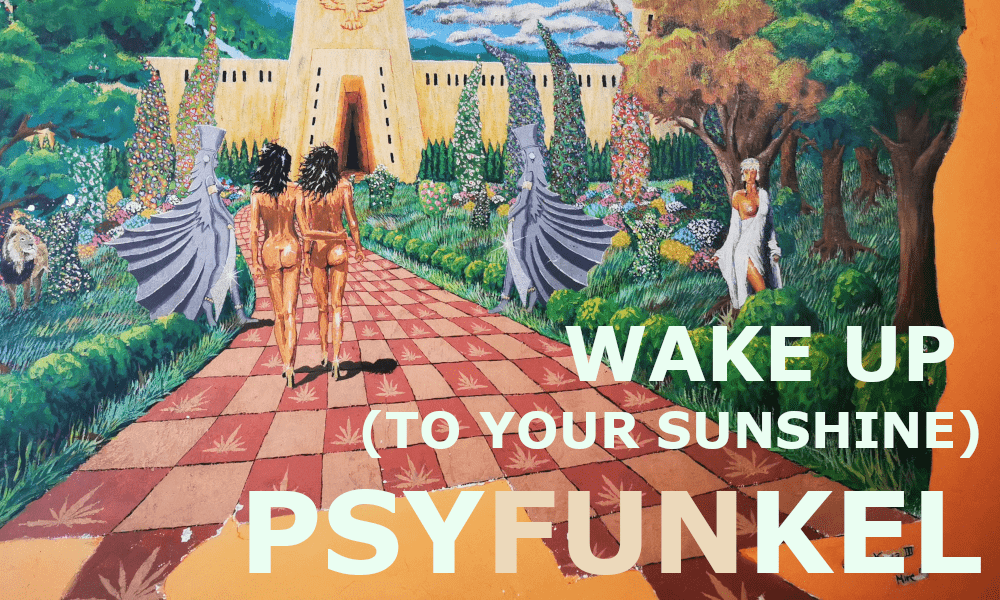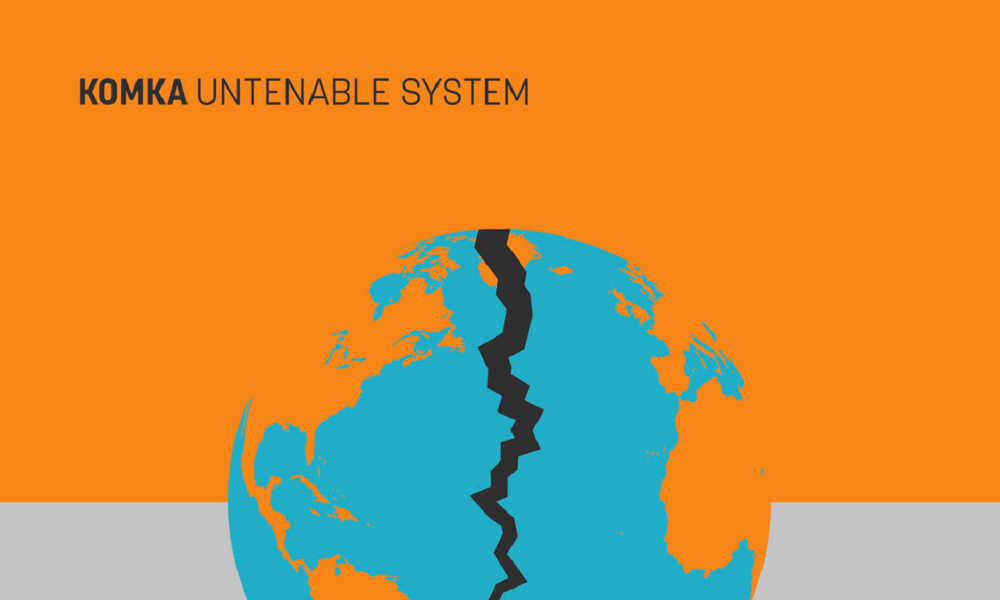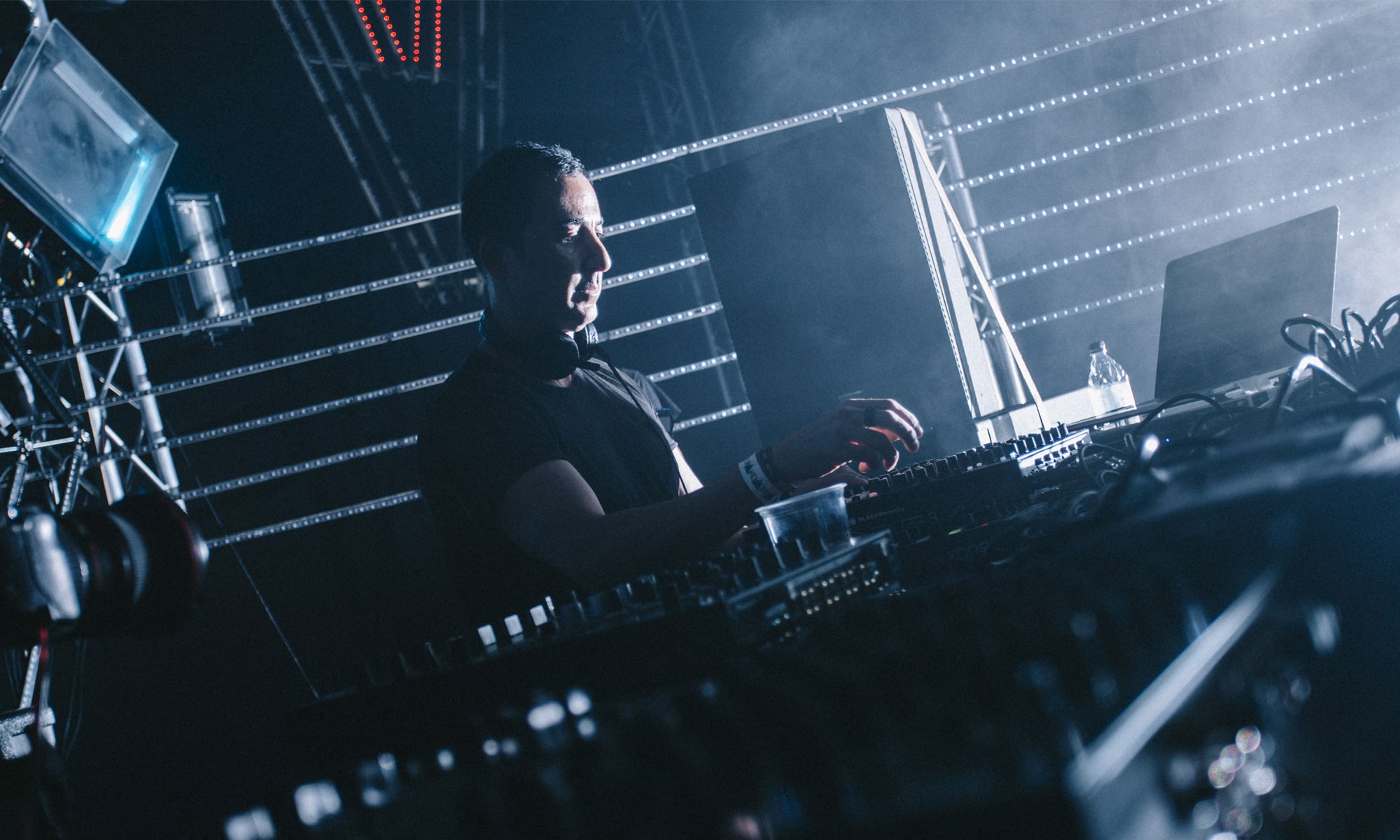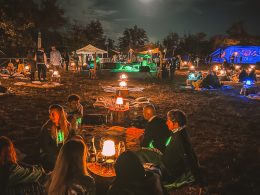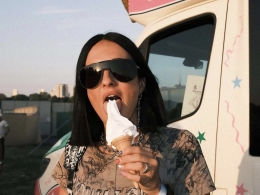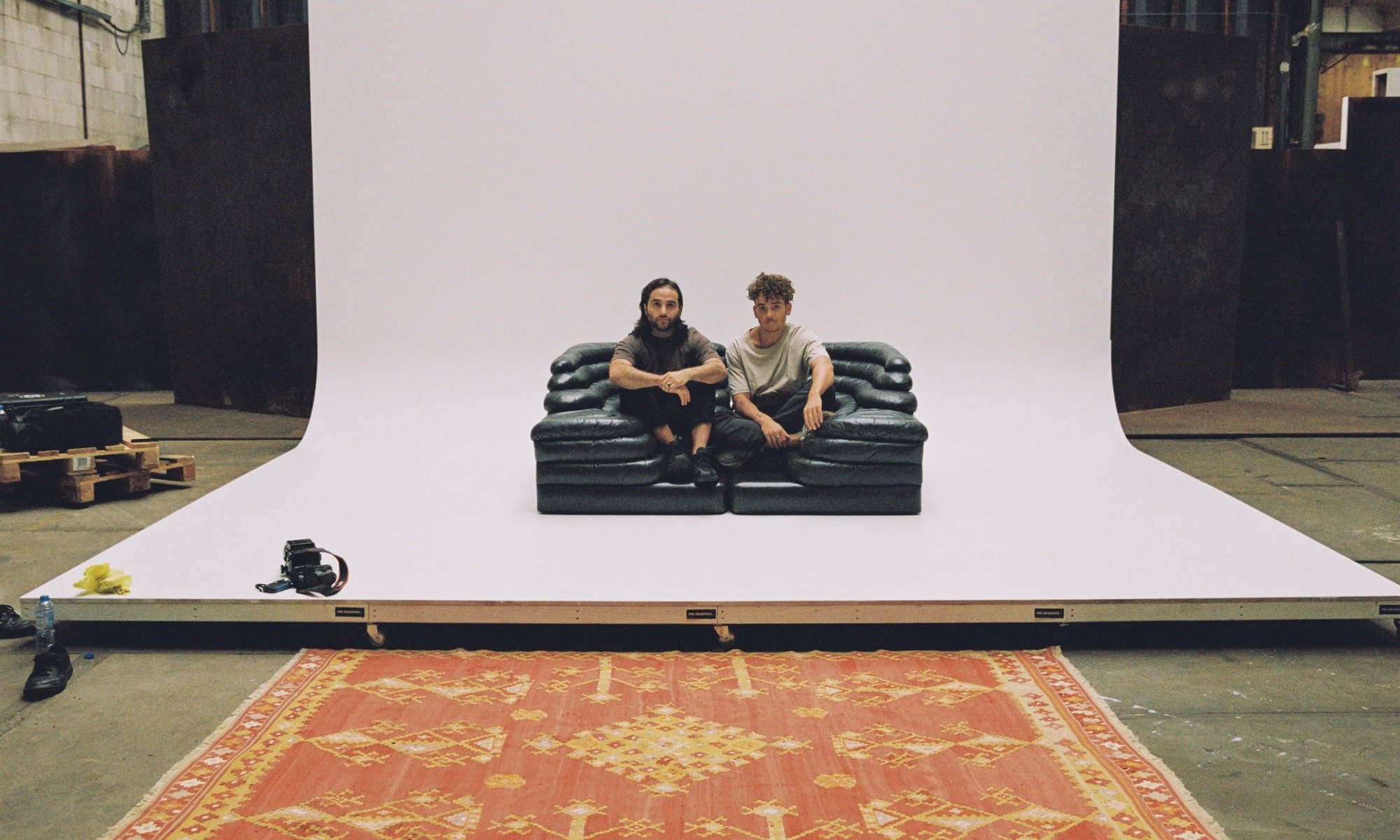“It was when that first pill kicked in. It was then, I knew it.” Ryan Murgatroyd doesn’t hesitate when chatting. That’s how sincere he is when it comes to recognizing what made him see that he had to dedicate himself to music. From South Africa, specifically from his capital, Johannesburg, Ryan Murgatroyd has forged a legacy that places him among the greatest in the most consolidated scene in all of Africa. As he says, “we are the London of Africa in terms of exports”. If an African artist wants to play on the big European or American stages, he has to go through South Africa. And once there, one of the most desirable labels is Swoon Recordings. Although it is only one year old, Murgatroyd’s imprint has already received excellent reviews from critics on the international underground scene. Just a fortnight ago, our protagonist today released the Wooma EP there, a collaboration with Sobantwana that touched our souls. Their label, like-minded South African artists, countries that are just as emerging in artistic terms -such as Uganda with its acclaimed Nyege Nyege festival-, post-pandemic times, post-apartheid times… Ryan Murgatroyd told us all about all those topics without any qualms. Have a seat and enjoy.
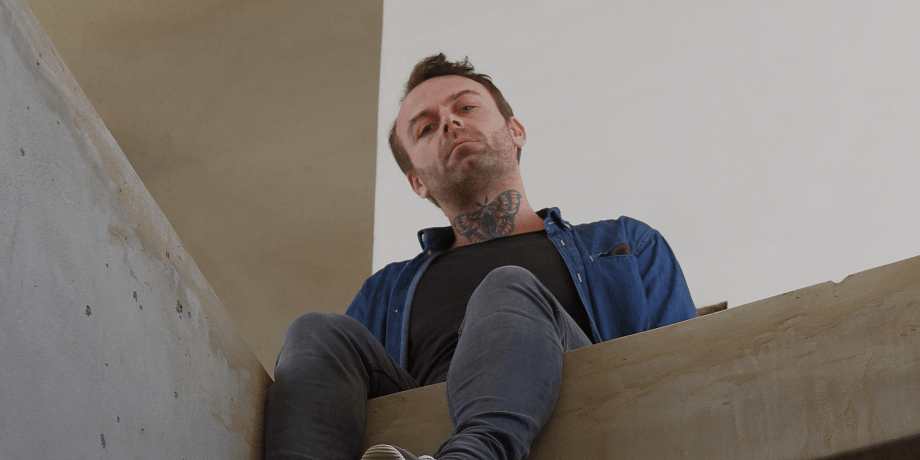
Maybe this sounds weird, but… who are you?
Phew, that’s quite a first question… I am Ryan and I am based in South Africa. I make electronic music professionally, but I have a range of interests that goes from psycho-pharmacology to shamanism and integrative medicine. Oh, and martial arts.
Let’s talk now about you as an artist.
So, firstly, I really do pride myself on versatility. I’m known for some of the more African influenced deep house and electronica, but I’ve had music on Toolroom, Defected, Get Physical, all the way through to collabs with Lane 8, Superflu, and others. I really do dip my fingers into a lot of styles, having a massive set of influences from jazzy deep house music, Nightmares on Wax, drum and bass, early filter house and funky house, through to melodic techno, progressive and uplifting electronica, and even piano music like Nils Frahm… I’ve done it all. Nonetheless, if you listen to the catalogue I think you hear a common thread through everything – that thread for me is emotion. I don’t do cold, hard, club music ever. Everything is warm, even the harder stuff. I’m trying to make myself feel something in the studio – that’s why I do this at the end of the day, I want a song to make me feel a certain way, to heal something, to move something. If it does that to me, really moves me deeply, then I’m happy to put it out and hope other people feel the same.
They say you are “one of the undisputed pioneers of modern electronic music in South Africa”. How do you feel before that sentence?
I feel good and humbly accept. (laughs) People had studios in South Africa, but no one was ever focused on house, techno or dance music. Of course, it would have caught on without me ever existing, but I feel good to have played a part, first off, being one of the first to release on big, well respected European and American labels. Then, mixing Africa Gets Physical for Get Physical Music, and of course the biggest contribution, I think was setting up some electronic music schools here, creating the syllabus for them and ensuring people were learning the legit techniques… It’s been my mission to show local producers that we don’t need to put the international guys on a pedestal, respect yes, but not worship, because we can make the same quality, even better, if we work hard, learn the theory and are disciplined.
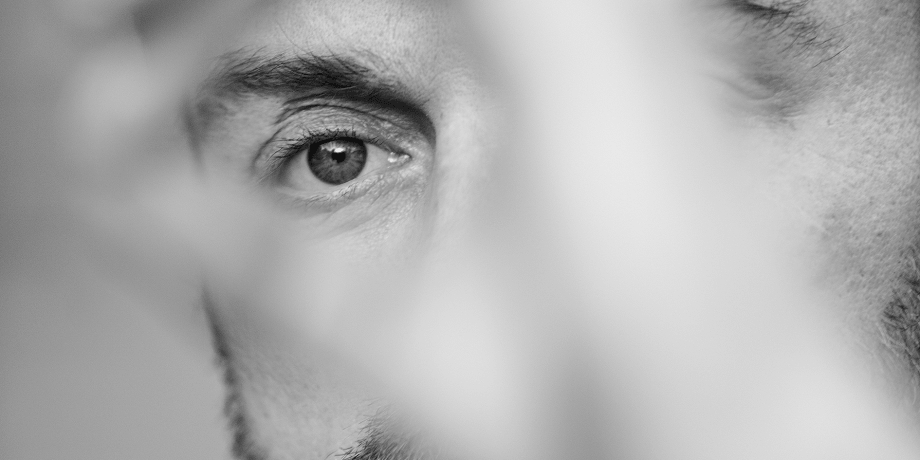
How did it happen that you said “hell yeah, I’m going to be an electronic musician” and you became such an institution?
Man, when that first pill kicked in, I knew it. I’m sorry to say it. But, of course, my early years were filled with misadventures, and I always just knew this was my thing, my purpose, my creative outlet. The first time I saw a program that allowed me to make music it was called BUZZ tracker, and it was an old school, very complex piece of software. I used it for 6 hours and called in to my job at the time, which was selling photo copiers, and resigned. Never went in again. I think I didn’t sleep for 3 days. I was doing 18 hours a day on production soon after. It just escalated from there.
How’s been the way so far? Could you pick up just 3 highlights?
Good Lord, Boiler Room in Amsterdam with Black Coffee and Satori, the Mixmag Lab with Jonas Rathsman (the night I debuted “Wicked Eyes” for the first time, literally had just finished it at 6 am the night before, I went to bed, the engineer mixed it, and I woke up, showered and played it out a few hours later. People cried. It was epic), and now I’m working with 3 x Grammy winners Soweto Gospel choir on a project I can’t talk much about, but that’s probably going to be numero tres. And then I guess just the whole process of starting Swoon, from idea to business, and the power of owning and running your own creative destiny.
Black Coffee is one of the greatest legends, having a residency on Saturdays at Hï Ibiza, and you’ve become also a main influence worldwide. What has South Africa got?!
Agree! It’s called soul!! I think what appeals to folks about our stuff is that its unashamedly soulful, feel good, emotive, but it has enough drive to make a real dancefloor groove into the late hours. There are so many more producers coming outta there with that same soul, that same feeling. Kususa, Bruce LOKO, Blanka Mazimela… I’m telling ya. In 5 years, a good few people on the top 100 list are going to be African producers. We’re not here to take part, we’re here to take over!!
You mentioned Swoon Recordings before, and how that firs release (the Wicked Eyes EP) was born. Probably, at that time, you could not imagine the label’s first birthday under lockdown, but anyway: your balance after the first 365 days of Swoon?
We’re here for the long time, not a good time, hahaha. I think we weathered the storm because we are very diverse. We have some educational aspects to our business, we have a strong back catalogue, and a lot of goodwill from the industry. I have huge empathy for anyone whose dream got diverted or delayed or even totally destroyed because of this. The takeaway for me, as I learned early in the game, lots of eggs, lots of baskets, and then a backup egg and a backup basket when those go wrong.
They’ve been 6 releases up to date. Which are you proudest of?
Okay, well, Wicked Eyes had a thunderous debut, caned by Solomun, Adriatique, Tale Of Us and everyone else, and then supported by all my local afro-house friends as well. It was like a perfect middle ground. More than that, people felt it, really resonated with it, and it was everything I’m trying to achieve in general when I write house music, and its aged really well. It’s got an instant classic thing thanks in no small part to the wonderful talents of Rueben, the singer. So, I’m really delighted with it, and I still get excited to play it. Honestly though, in terms of a track that’s super special to me, but didn’t do nearly as well commercially, I’d have to say SWOON002, “Is That You?”. My gran made the music vide out of a puppet, and the song is so emotional for me. If you’re looking for a special nugget of my soul that almost no one knows about, that’s it.
Some say that your music is far from the most typical 4/4 dancefloor structure, although some of your releases have been classified as tech-house. I think you are closer to ethnical house, sometimes even tribal, and of course afro-house. I guess you’d prefer not to be labeled, wouldn’t you?
Yeah, the genre thing is tough, I don’t fit perfectly in any boxes. Afro-house, maybe to some extent, but I’ve hopefully avoided all the cliches of that style. I wanted to make a unique contribution to afro-house because I’m sort of the day walker, I’m equally influenced by Miriam Makeba as I am by Township Rebellion. I’ve done records with Shimza and giant afro pop stars like Lira, and I’ve also collabed with Booka Shade and Lane 8, so it’s a tough one. I have music that has ZERO afro influence as well, not even a hint of it, and I have stuff that’s clearly very deeply connected to that part of what I heard growing up here.
The Lab, Boiler Room… You are already a regular in front of international cameras. How does it feel to be an important part of the international clubbing scene from a country as far away from the main coordinates as South Africa?
Of course, it’s challenging, and the conventional wisdom is I should have moved to Europe ages ago, but I’m not going to just give up my life and move to Europe and assimilate into that culture. I sound like me because I am where I am. I would normally have been in Europe for a full 3 or 4 months this season, last year played Fusion Festival for example, and a host of other German and European gigs. I think the benefit of living here, with my team, in this place and the spirit of it, is what defines how my music sounds to some extent. And I’m deeply connected to the community here, of artists, of upcoming producers, of our team and music family. But yeah, an ideal world would be 50/50 split between here and Europe/US.
What about the scene in SA in terms of clubs, audiences, promoters and movements?
Unfortunately, still a tiny bit unintegrated in terms of social-political and socio-economic integration. But Johannesburg is getting more integrated across social, political, economic and racial lines, but it is slow. In every other way, it is very inspiring. The last few years, I think we’re on par with anywhere in the world, in terms of festivals, tech, production, etc. Of course, the true underground, parties where people are in it for the music, those are rare, no matter if you’re in Ibiza or Soweto. A certain portion of the folks are there to show off, get lit, get laid. I think that ratio is true everywhere I’ve been from Rio to Germany. The one thing travelling teaches you is how similar people are everywhere. But within that you find little gems. And South Africa has many of them, from small clubs that host 200 people like Modular in Cape Town, to a few really cool boutique festivals, and of course the thriving electronic music culture in Ekasi (the more traditionally black areas, some of them like townships, but others much more affluent, but where all the styles, like Kwaito, Ngom and Amapiano are birthed from raw creativity).
And about artists and labels? We recently launched an exclusive mix with Aero Manyelo and we just got in love with his musical taste.
Hahaha! Aero Manyelo was one of my first students in like 2004. Now he is a good friend, and a much respected artist… and, of course, we had him on the label a few months back. Yeah, there is always hype about a lot of young African artists. That’s a good thing. The unfortunate truth, until recently, is that it takes 10 years or more to be a world class producer, and no amount of talent can short cut that. So now, I feel like we’re getting the first wave of not just talented African artists but African artists that have been in the game, developing and maturing, and are really ready to make a contribution. Of course, Culoe De Song has been doing that at the highest level, but now Aero, De Capo, Blanka Mazimela, Bruce Loko… These lads are putting out on Diynamic and Get Physical, and really showing off unique sonic palettes. It’s an exciting time.
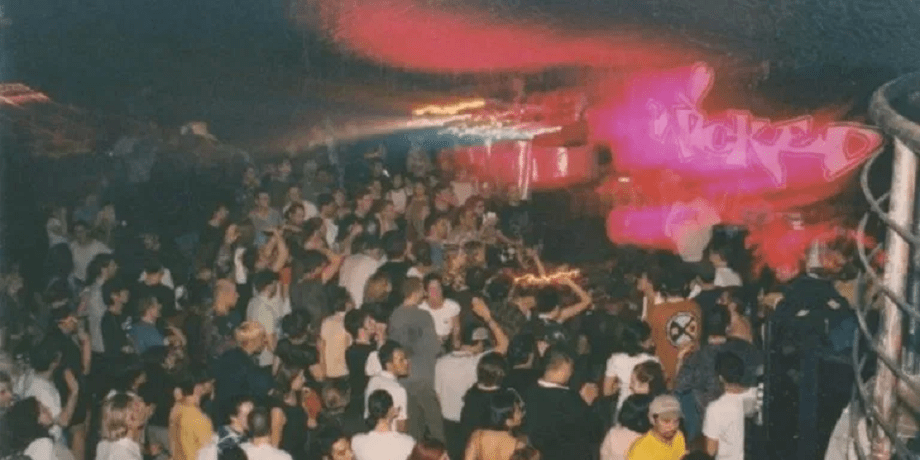
When I think about Africa and electronic music, I think of Nyege Nyege, probably the most cutting-edge festival in the continent, thus Uganda seems a pretty interesting country to visit. Also, close countries like Kenia have set the pace with names like Slikback. I feel like there’s so much distance musicwise between those lands and South Africa.
There is a certain distance. I think we are seen as the London of Africa, the capital of electronic music on the continent for sure. So, the export is one way: me and other South-Africans often play in other African countries, but the opposite is true less often. But yes, there are thriving scenes in Uganda, Nigeria, etc. There is a bit of cross talk, but really there are completely new and unique sub-scenes in each place. I’ve headlined 12 African countries to boutique audiences, but anything that is not strictly afro-house is still very underground out there. I’ve played in Namibia, Botswana, Uganda, Nigeria, Kenya, Swaziland… and they’ve all been unique experiences. You can imagine how the locals react to an Mlungu (term of endearment for a White boy) playing African influenced house and techno. It’s wild. But yeah, in terms of a mature scene in those countries, I think a lot of the best artists end up coming to South Africa, to try and bridge from there into the international market. It’s all very new here still, and the key is to educate young people, let them know that this shit is a real career, and grow the scene in Africa as a whole. That means live sound, studios, music stores, parties and events, and making sure it’s all socially and environmentally responsible.
It’s good to be talking about the “Black Continent” in such tough days, where societies are standing against racism and police brutality in the US. As a white African man, and also as a South-African, with all what happened there some years ago with the apartheid, I’m sure you have a message to tell us all.
Hahaha! This is certainly not a typical interview on electronic music, is it? I like it! Look, this would require more than a paragraph to explain. It’s a very nuanced and sensitive issue. Let’s start with music. I make a style of music which was invented by people of colour. I live on a continent, which has a gruesome history of racial division, much like many other places in the world, but arguably much worse. 80 percent of my team, my collaborators, my co-educators and the people I work with regularly in the South African scene are people of colour, and so I need to tread carefully and be sensitive because even among Black people in South Africa, there are a myriad of sub cultures, varying views on everything from social and governmental structures, polygamy to homosexuality, and certainly varying views on this history, the land, the way to repatriate for the past, and the way forward. Honestly, I don’t think that we deserved to have a Nelson Mandela come along and give a new vision for how millions of people could let go of this terrible era and move on into a shared, unified future. But he did, he came along and he provided a framework for us to do that, and by some miracle, which speaks to the best part of human nature, and which is almost entirely unique in human history, the great majority of people agreed to move forward in a peaceful way, and the black people of South Africa agreed to let the children of people who had participated in a system of systemic racism, move on in good faith, and try and build a new country which is one of the most free, democratic and progressive societies in the world. What other reaction can I have but to be grateful for that man, for his vision, and for the people who believed in it with him, despite having every right to take a more radical approach. Now, that being said, we have an enormous responsibility to him, and to every other person who agreed to that vision, to build a society which is truly inclusive, open, safe and in which we can balance globalization and capitalism with some of the core values of African society – like reciprocity, respect for the land and the ancestors, and sustainable practices that aren’t just political greenwash. I got into education as a young man to survive and feed myself, but along the way I realized I have an enormous talent of teaching and communicating, and as such, an enormous opportunity to help others WHILE I helped myself. No martyrdom, just a mutual beneficial exchange. I intend to use my every available breath to spread the love of learning, of music, of technology and entrepreneuralism, and I’m grateful to every one of my co-workers and collaborators for trusting me as a human being, and letting me help them tell their stories through music. That being said, there are many issues to solve on the institutional and personal levels for all of us.
Tough times, because of racism, and also because of the coronavirus. You have just launched a new EP called Wooma, also on your own Swoon Recordings. I feel light and hope while listening to that 1-minute intro. Any special message, approach, or focus on it?
Thank you! I think the music says it all. Any words I add will only subtract! I make music to heal, not in some yoga mom crystal way, but because, honestly, I think for me personally the right frequencies can unlock emotions in the body, the resonances can release us, make us unstuck. Olwethu (Sobantwana) is actually studying traditional African medicine, to be a traditional healer, and I think we both put a little bit of medicine into those frequencies. If you feel it, you’ll know.
Just for those who don’t know, Sobantwana is the voice that sings in the title track of the EP. Could you tell us more about her and how the collab arose?
Yeah, as I mentioned, she is quite the character, studying to be a traditional African doctor (sangoma), a truly centred and whole human being, she has so much presence. We’ve been performing live for ages under the Bantwanas alias (which has a few tracks out on All Day I Dream), but she was at the studio and I played her the riff and the rest is history I guess.
Was this created during the quarantine or before?
Many many months before coronavirus ever existed! We started this track in early 2017 actually, and just kept revising it and revising it.
How are things going in South Africa with the virus and the confinement? How do you feel about clubs reopening and the industry recovering? Have you got any feedback from promoters or club owners in South Africa?
I think any re-opening now is premature. I appreciate we need to make money, but if we move too early, it’s going to be a setback in the long run. Our cases are still bad. I think right now we need to focus on other things, and aim for a HUGE season in 2021, perhaps some small intimate shows towards the end of the year, but let’s see.
(Cover Image: © The Echo Agency)




